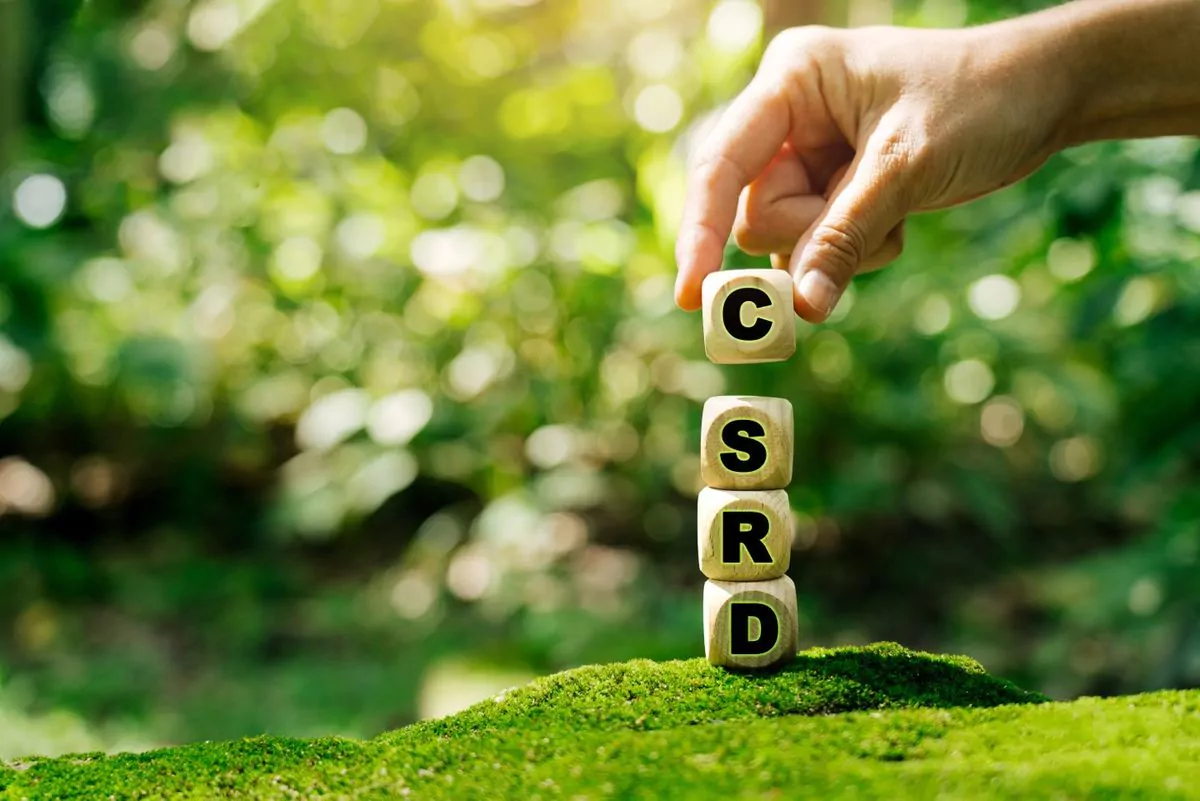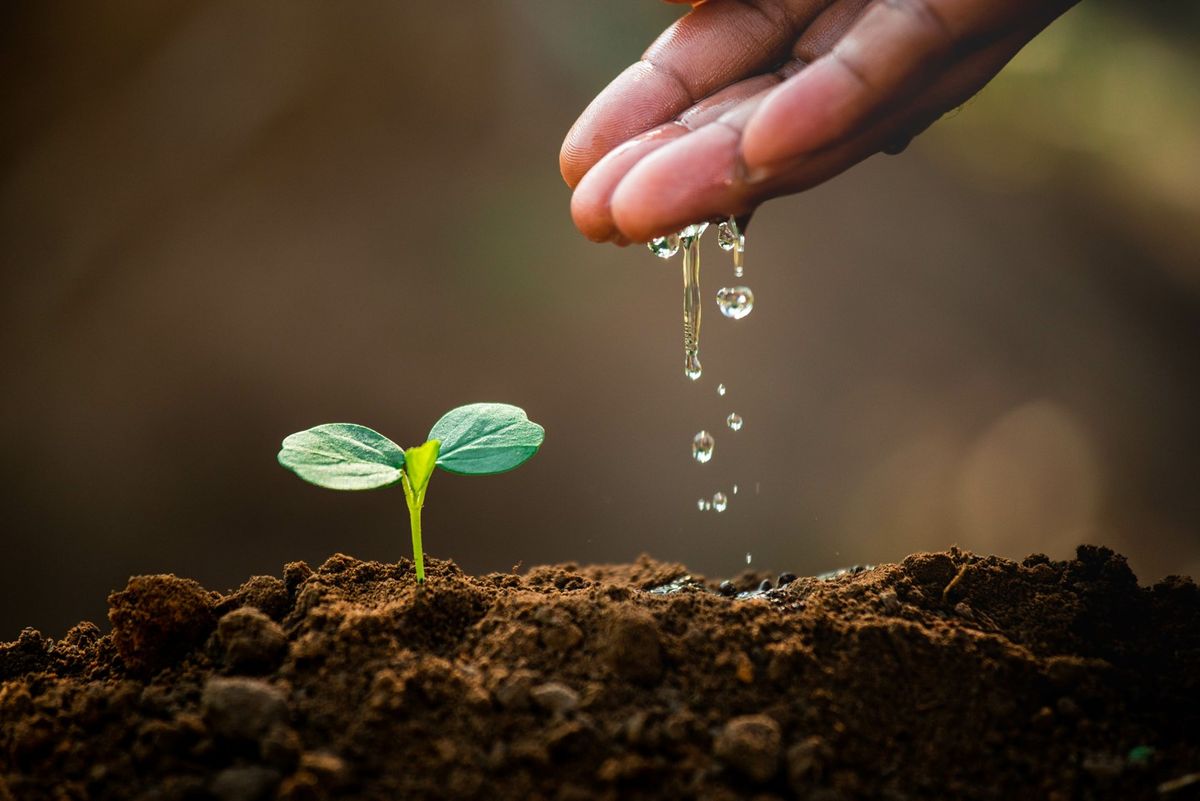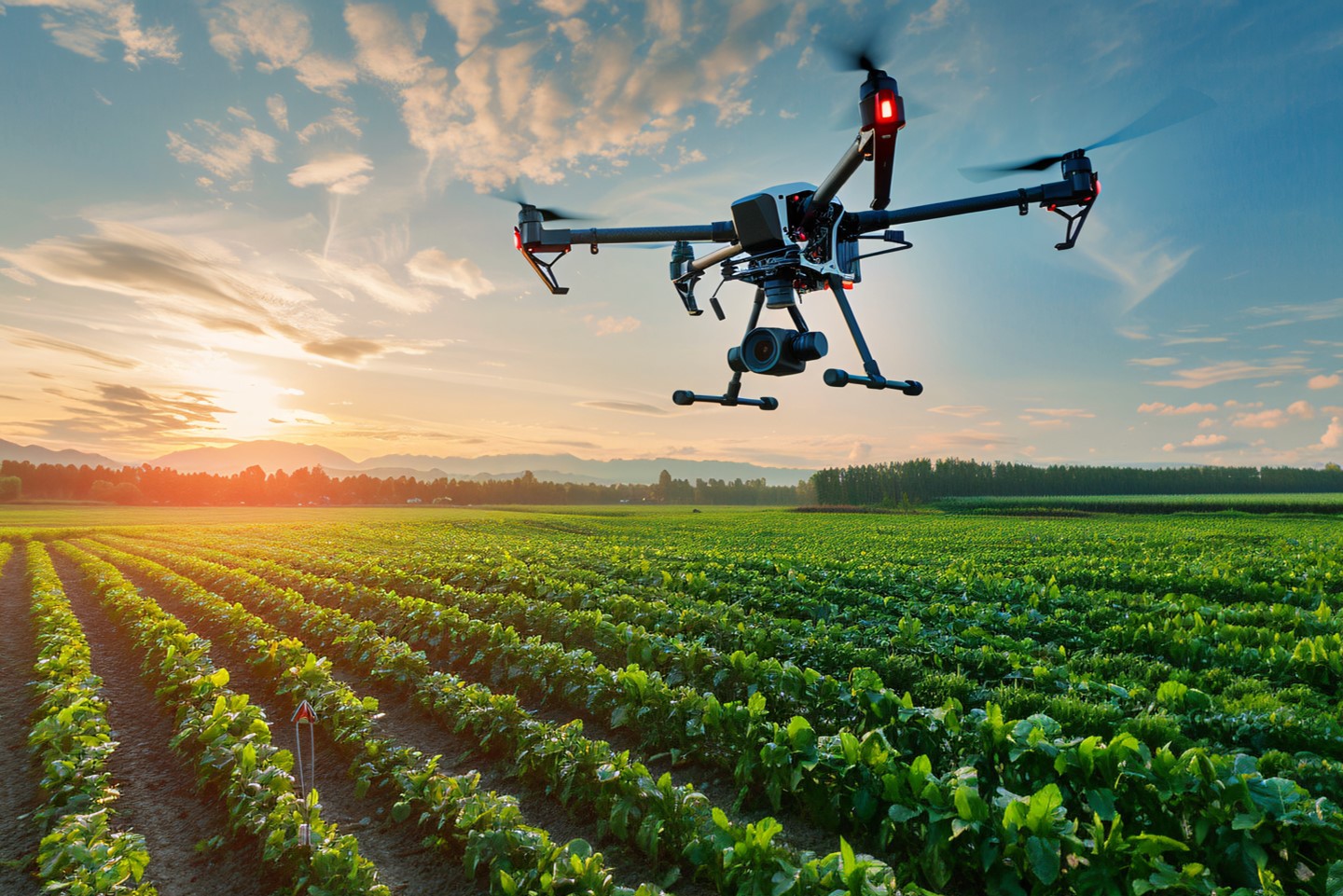
Environmental and biodiversity consulting

For more than 30 years, our team has been supporting industrial leaders, innovative SMEs and start-ups, as well as institutions, in their innovation and development projects related to the environment and biodiversity.
They trust us






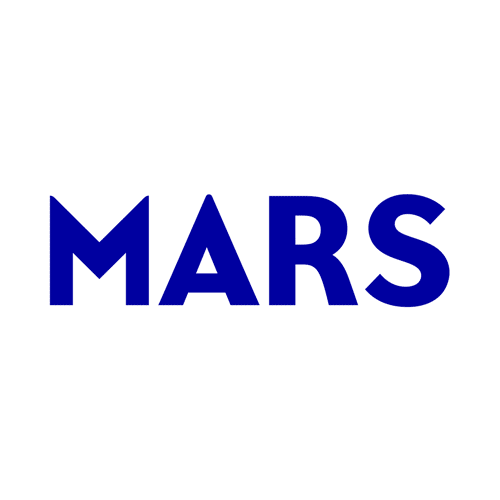
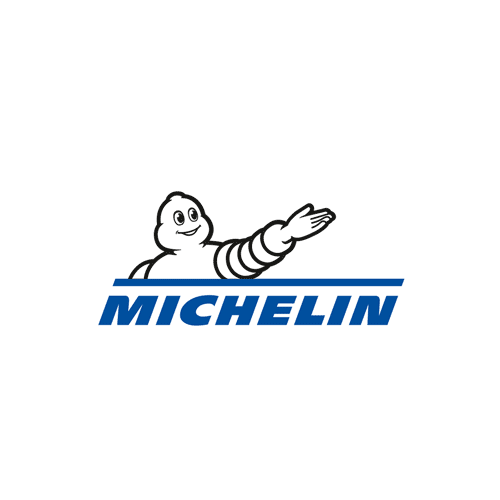

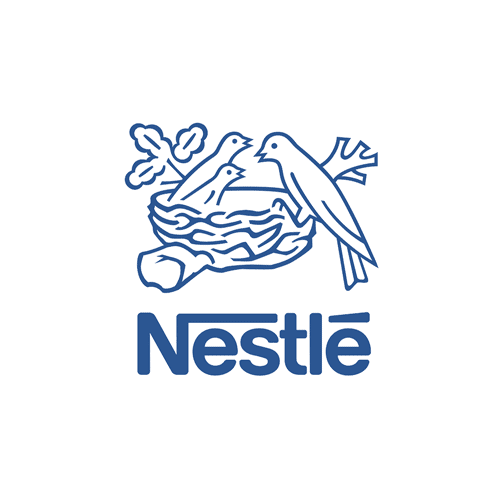
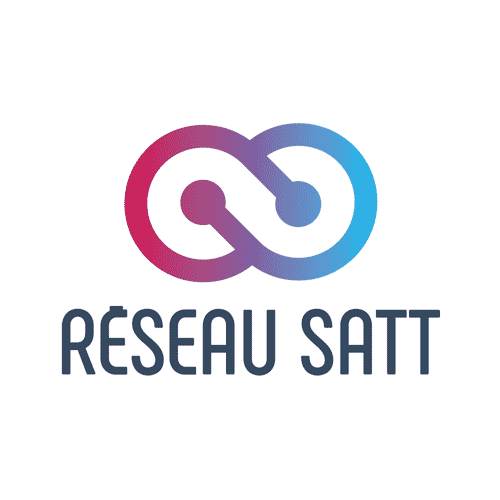
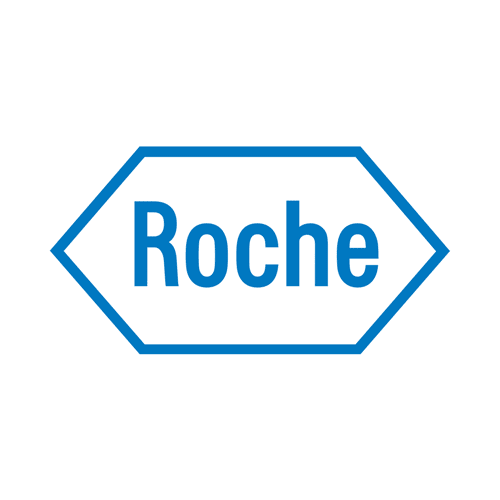
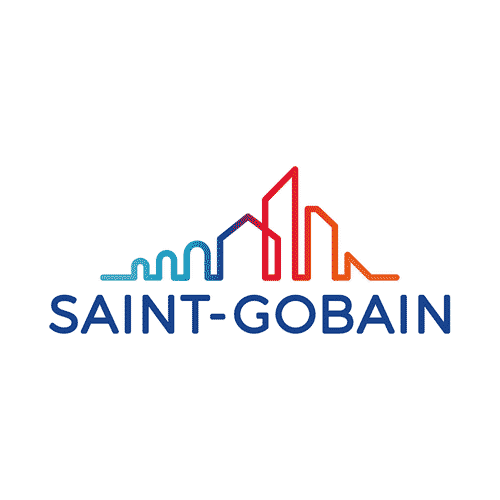

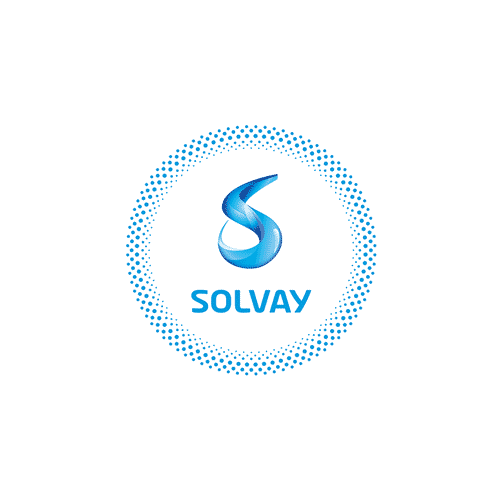
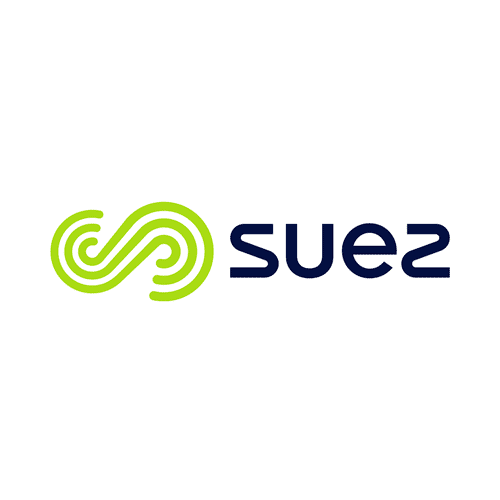
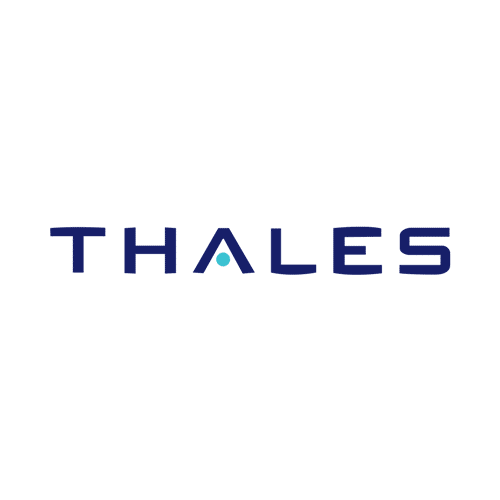
How we support our clients in their environmental and biodiversity projects
Founded in 1993, Alcimed is a consulting firm specialized in innovation and new business. Spread over our 8 offices in the world (in France, Europe, Singapore and the USA), our team of 220 high-level explorers supports everyday corporate management and operational decision-makers (heads of marketing, R&D, innovation, strategy, CSR, industrial operations, etc.) in their innovation and new business projects.
We support our clients with environmental and biodiversity consulting services, covering a wide range of projects such as environmental impact analyses, CSR strategies, valorization or ecological compensation strategies, implementation of sustainable resource management processes, development of low-carbon solutions, environmental certification support, team awareness-raising and training on ecological issues, and much more!
The diversity of our clients (manufacturers, ETIs, innovative start-ups, institutions, etc.), the subjects we deal with, and the geographical areas we explore, enable us to master a wide range of missions and develop recognized expertise in our specialized sectors.
Our missions
Our expertise
Our missions
Strategic marketing
Clients & Patients
R&D
Commercial strategy
Innovation
New partners
Our expertise
Healthcare
Environment & Climate
Beauty & Nutrition
Energy & mobility
Sovereignty
What they say


"The results of the study were used to better understand the overall environmental impact of the solution developed by the teams, and this gave us the keys to making strategic choices in the future"
Philippe Nappey
System Architect & Innovation Project Leader
Examples of environmental and biodiversity projects carried out for our clients
Support for a food manufacturer in assessing the environmental impact of its products
Our client, a food manufacturer, wanted to systematically assess the sustainability of its products as part of its CSR commitments.
To achieve this, our team developed an objective and quantifiable methodology for assessing the sustainability and environmental impact of our client’s product portfolio. This assessment was implemented in a dedicated, flexible and automated tool, enabling our client’s team to dynamically measure changes in the sustainability of existing products, as well as assessing the sustainability of new products.
This methodology and tool have not only enabled our customer to meet its CSR commitment, but also to gain an insight into the sustainability of its new products, enabling it to identify the sensitive points of its products so that it can innovate. In addition, generating this data gave them material for internal and external communication.
Search for opportunities to valorize industrial ashes in a circularity approach
Our team supported a chemical company generating ash through its activity in its valorization strategy. As part of a circularity initiative, this industrial player wanted to valorize these wastes being produced throughout the world.
We first established ‘product sheets’ describing the performances associated with these new materials, before analyzing more than 10 industrial sectors to identify relevant applications according to pre-identified performance criteria. We then directly contacted the manufacturers concerned and validated their interest.
The result for our client? A list of new qualified partners ready to test the products offered.
Support for an environmental player in his technological platform project for the recovery of waste for recyclability
Alcimed supported an environmental player in putting together a presentation pack for a technological platform for sorting waste as part of a Call for Expression of Interest.
This involved our team coaching the editorial team for several weeks on the management of the project and more particularly on the overall structuring of the pack, particularly at the offer level. At the same time, our team carried out a market study of the impact of the platform to help determine the possible pricing of the services offered.
This meant that our client was able to adapt their project to the requirements linked to the formalism imposed by the exercise, to submit a complete and finalized pack.
Study for a pharmaceutical laboratory on the environmental impacts of clinical studies and best methods for their optimization
We worked on rethinking the clinical trials of a healthcare actor in order to limit their environmental impacts.
To achieve this, our teams first estimated the six main environmental effects of clinical trials after identifying and modeling the standard stages of such trials, including drug and personnel transportation, accommodation, waste management, devices, and data. Next, we modeled traditional scenarios to quantitatively evaluate their respective environmental footprints and identify the key contributors. To do so, we developed an interactive tool that calculates these impacts based on various environmental endpoints such as carbon footprint, water impact, biodiversity, and more.
Finally, based on this analysis, our teams were able to recommend the best ways for the client to optimize the transformation of clinical trials from an environmental perspective. We also provided a communication plan to facilitate the internal and external dissemination of these changes.
Prospective study on the evolution of automotive waste by 2035
In the context of the transition to electric mobility, we supported an environmental actor specializing in the collection of automotive waste to help them anticipate the impact of this transition on their business.
A comprehensive prospective analysis of the automotive market, the objectives of manufacturers, suppliers, garages, collection sites, and recycling facilities, as well as the current regulations, allowed us to estimate the evolution of the typology and volumes of waste that our client will have to manage by 2035. We also analyzed the value chains associated with battery production, identified potential recyclable products, and assessed the role of various stakeholders (such as gigafactories and new production units established by manufacturers).
This analysis enabled us to help our client adjust their positioning in this emerging market.
Understanding of the possibilities for an eco-organisation to incorporate recycled materials
An eco-organisation wanted to have a better understanding of the possibilities for incorporating recycled materials so that it could define the right support for its manufacturers.
For this project, we intervened on two levels:
- At the industry level, by carrying out an inventory of the markets concerned: typologies of players, assessment of French production and imports, assessment of associated deposits, identification of families of materials.
- At stakeholder level, by conducting interviews with different types of stakeholder (producers, importers, distributors) to gain a better understanding of the opportunities, risks and obstacles to integrating recycled materials.
In addition to recycling issues, we also looked at questions of eco-design and the durability of items.
This study provided our customer with the information they needed to consider the mechanisms that could be put in place to support the industry.
Evaluation of the greenhouse gases emitted and avoided by the operation of space systems for an international aerospace player
Alcimed helped its client, an international aerospace player, to assess greenhouse gas emissions downstream of its space systems, as well as to draw up a more global picture of its environmental and societal impact.
To achieve this, our team worked within a consortium to first identify all downstream emissions from two space systems and carry out qualitative assessments of their impact on climate and the environment. The consortium then developed a methodology capable of estimating the emissions avoided and induced by a satellite. Finally, the team was able to successfully apply the methodology to two satellite programs in the course of two case studies aimed at calculating the greenhouse gas emissions of each.
Our recommendations have enabled our customer to continue assessing and reducing its greenhouse gas emissions, and to identify the areas on which to focus efforts to reduce its environmental footprint.
Assessment of the carbon impact of a manufacturer's new digital equipment
In order to improve the performance of its equipment and offer new services to its customers, a manufacturer wanted to add a digital layer to the equipment it was producing and be able to use the data. However, they were also concerned about the carbon footprint of the new equipment and the digital overlay.
We therefore helped this player to study the impact of this digitalisation, aimed at replacing mechanical components with IT components (such as servers), by establishing different development scenarios.
We helped them optimise their IT installations and define action plans to limit the carbon footprint of the new intelligent equipment.
You have a project?
To go further
Cross-sector
How companies can comply with the new CSRD directive: understanding dual materiality
The context of materiality and its evolution with CSRD: the difference between single and double materiality What is materiality? Within Corporate Social Responsibility (CSR), materiality ...
Energy - Environment - Mobility
Climate resilience: 3 major challenges for better sustainable water management
Challenge n°1: reduce surface runoff from paving aka soil “sealing” As industrialization and urbanization greatly increase worldwide, the accompanied paving of land surfaces has many negative ...
Agrifood
Variable Rate Technology: the key to tomorrow’s responsible agriculture?
How does variable rate technology work? Variable rate technology enables agricultural inputs (fertilizers, seeds, pesticides, water) to be applied at variable rates according to the specific needs ...
Founded in 1993, Alcimed is an innovation and new business consulting firm, specializing in innovation driven sectors: life sciences (healthcare, biotech, agrifood), energy, environment, mobility, chemicals, materials, cosmetics, aeronautics, space and defence.
Our purpose? Helping both private and public decision-makers explore and develop their uncharted territories: new technologies, new offers, new geographies, possible futures, and new ways to innovate.
Located across eight offices around the world (France, Europe, Singapore and the United States), our team is made up of 220 highly-qualified, multicultural and passionate explorers, with a blended science/technology and business culture.
Our dream? To build a team of 1,000 explorers, to design tomorrow’s world hand in hand with our clients.
We’re not consultants, we’re explorers! Working with a consulting firm like Alcimed means living a different experience, with a team that always favors face-to-face meetings, goes beyond classic deliverables in favor of innovative ones (videos, data visualization tools, websites, collaborative platforms, …), that favors interactive animations in projects (escape games, quizzes, board games, role-playing games, video games, …), and that loves to make clients discover unusual places!
Alcimed carries out consulting missions in a variety of fields and on topics as diverse as the uncharted territories of our clients! Our projects and the methodological approaches we develop are based on the specific needs and contexts of our clients. We for example support our clients in defining their R&D or innovation strategy, in studying their target markets, in identifying and exploring new opportunities, in investigating innovative technologies, in defining their sales and marketing strategies, in integrating CSR or data science into their practices, or in imagining the future of their activities.
We have chosen to operate without using pre-established methodologies. Our consultants always start from the context and from the specific questions of our clients and think about the best way to provide clear answers. Let’s forget methodological approaches of copy-pasting.
Beyond analyzing the web and literature, and large internal or external data lakes using data science, our consultants target and interact with key stakeholders: these can be clients, suppliers, partners, experts, opinion leaders, end-customers or patients, … and we challenge their viewpoints. This investigative work enables us to build our clear opinion at the crossroads between the viewpoints of the different stakeholders, and leads us to build recommendations to allow our clients to make decisions.
Our team consists of 220 passionate individuals, with degrees from the best international schools and universities , most possessing a dual education in science/technology and business or data science. More than a third of our consultants have an international and multicultural background, and we master more than 20 languages and cultures, including the world’s most widely spoken ones: English, Chinese, French, Spanish, Portuguese, Russian, Arabic and Japanese.


